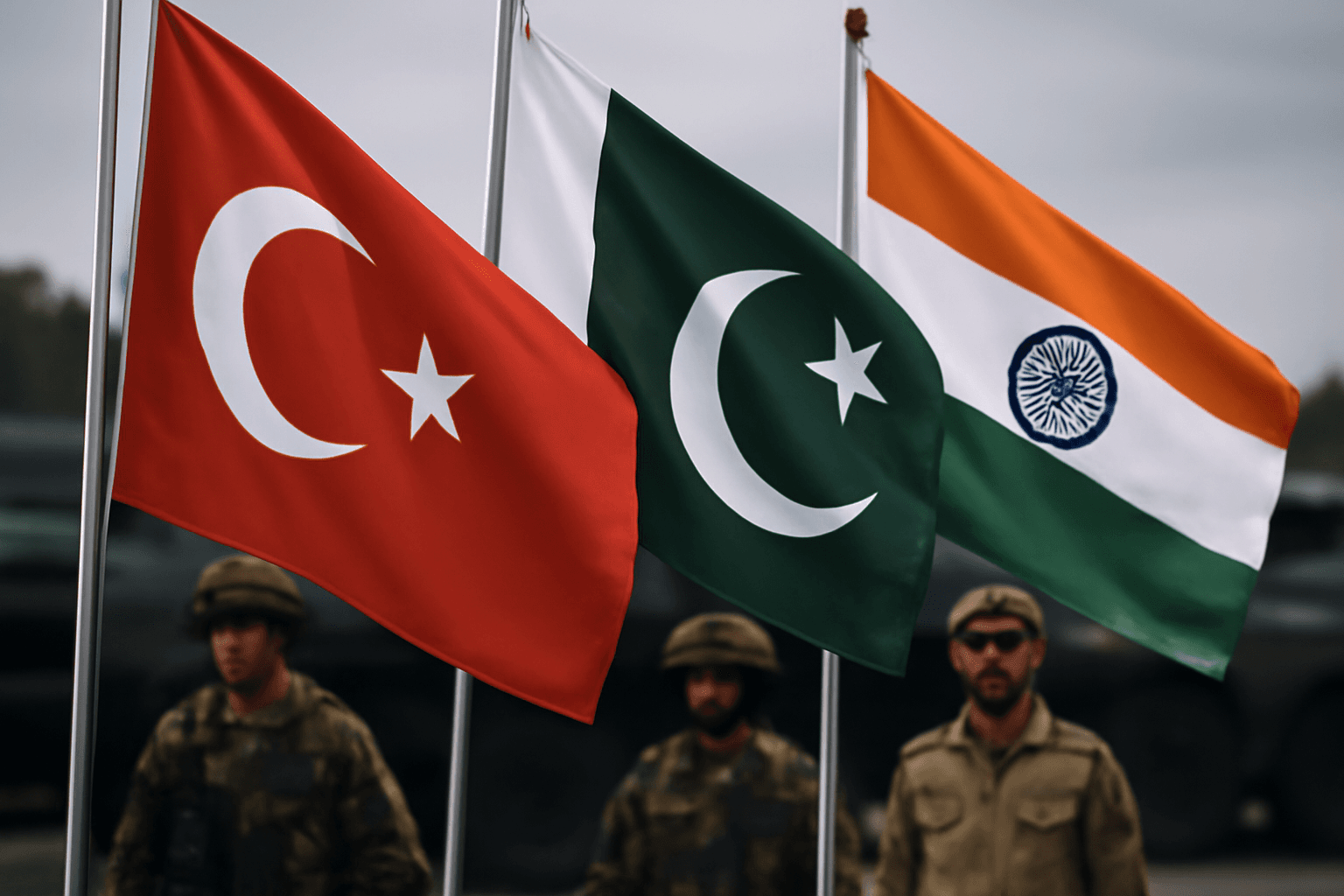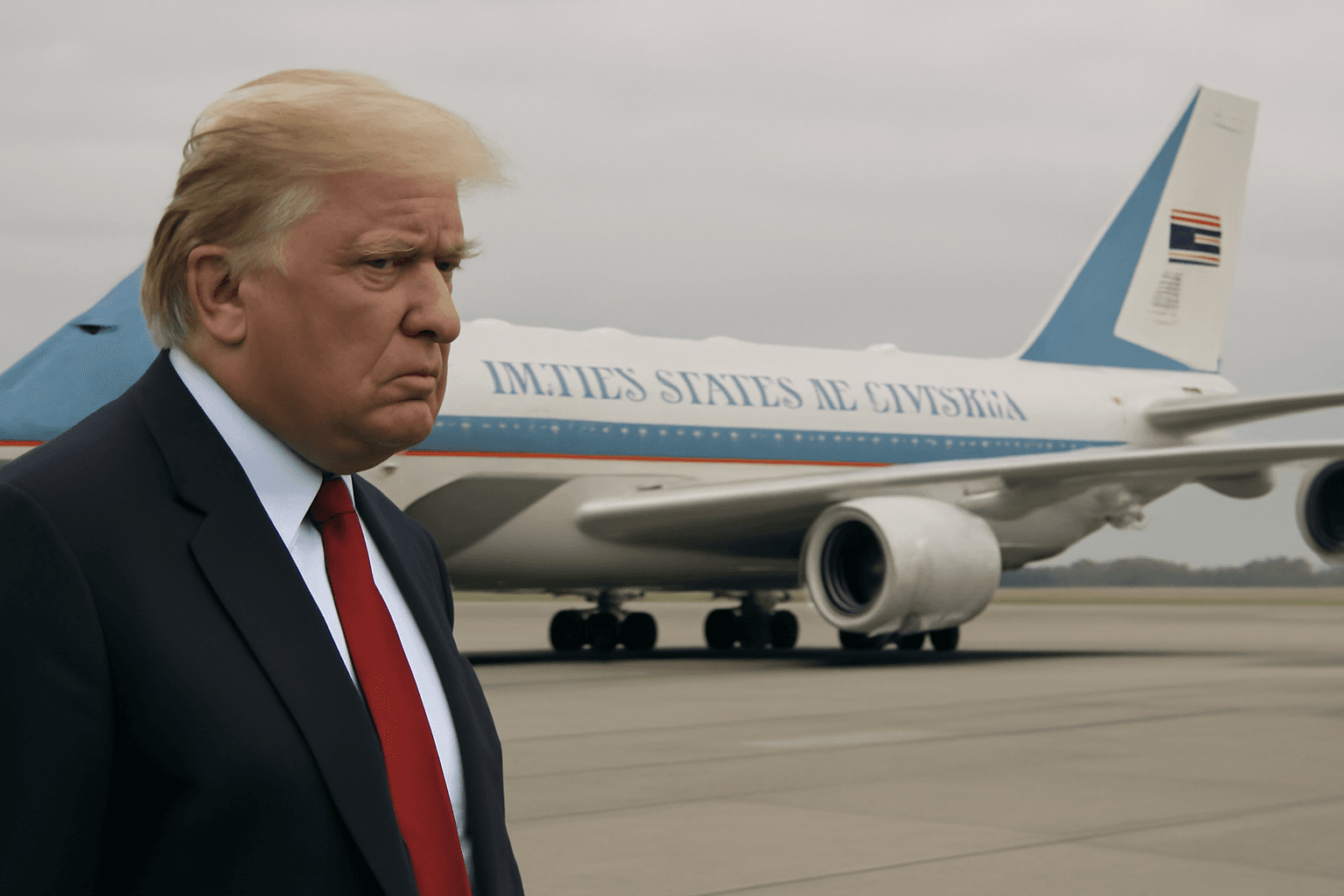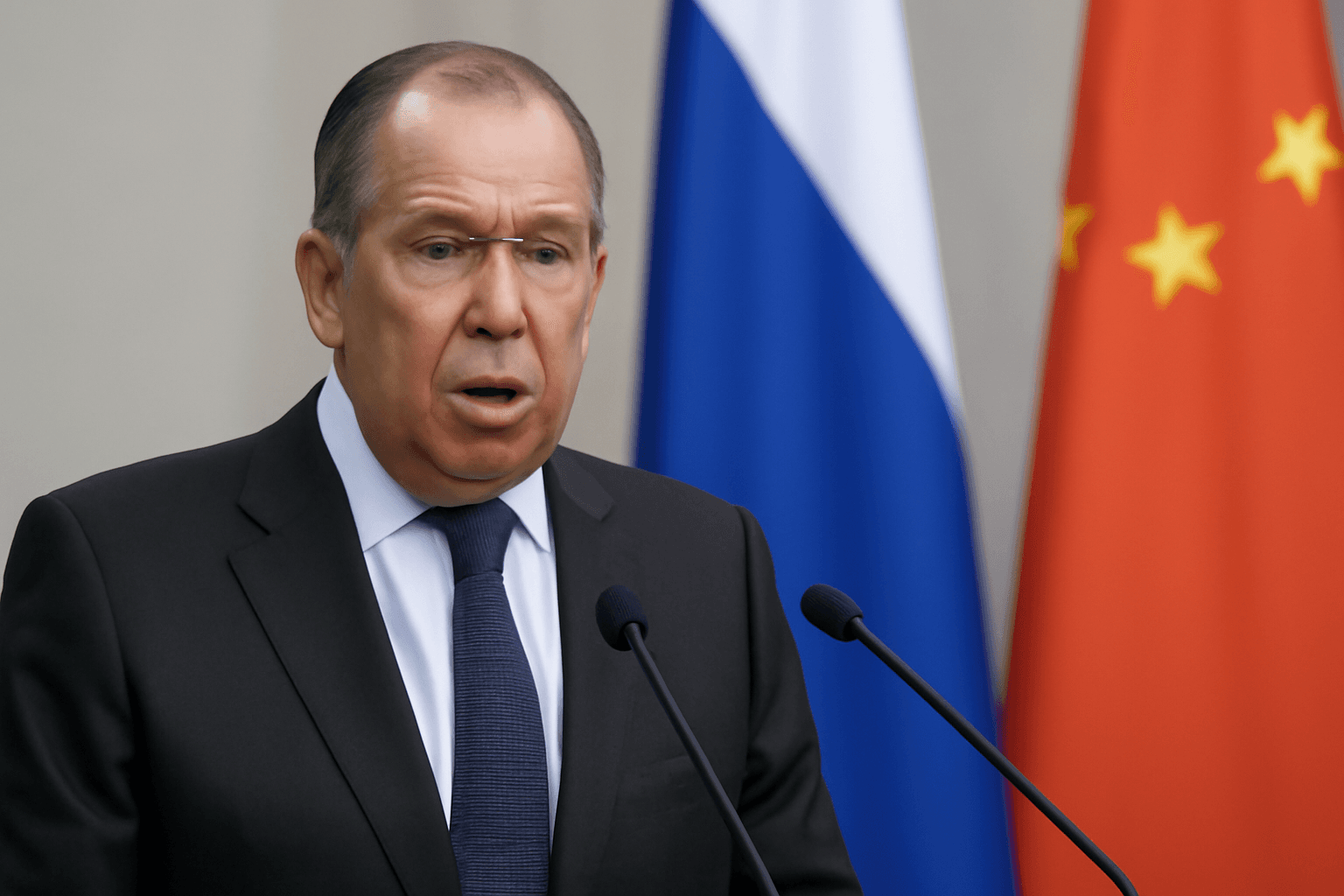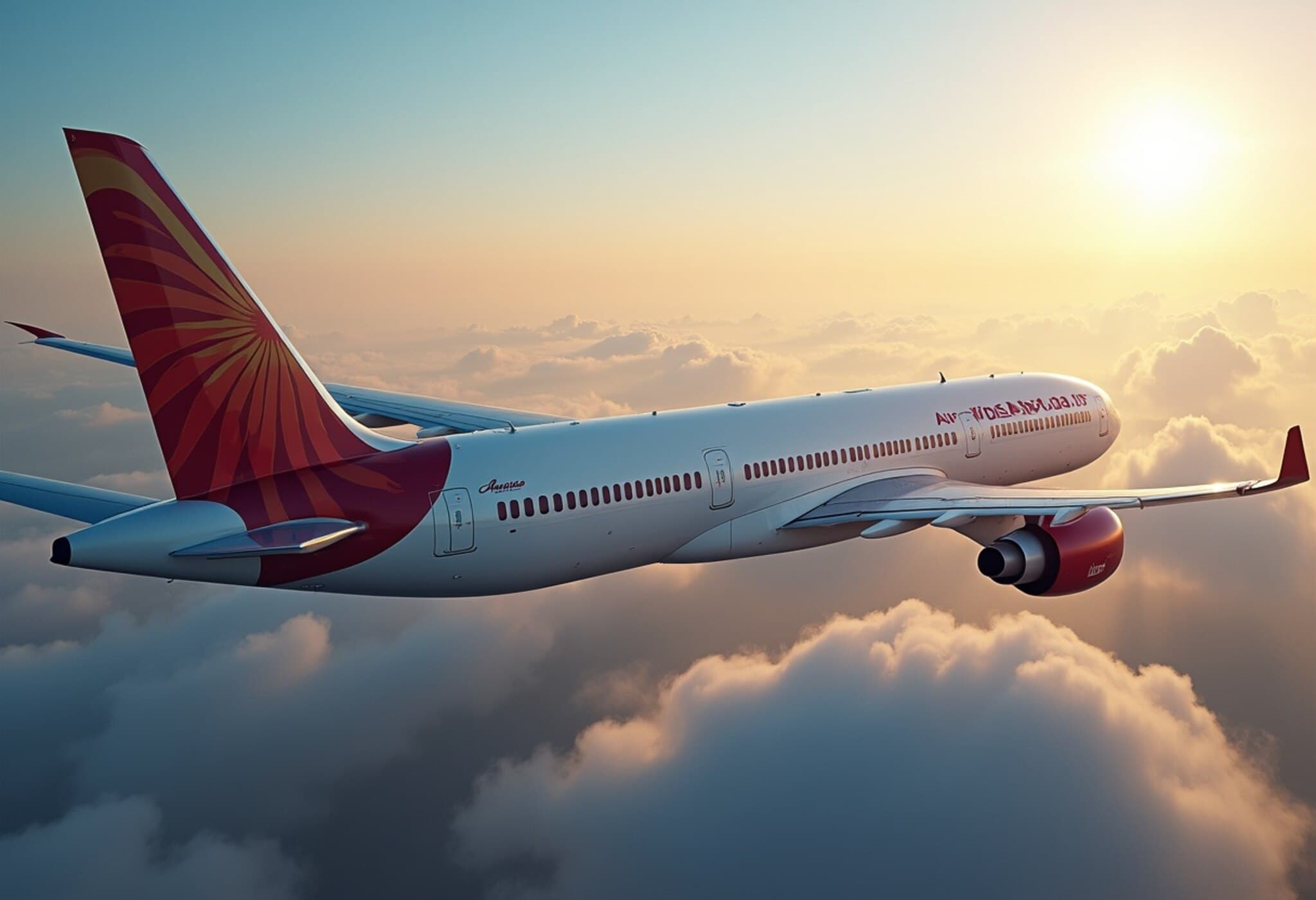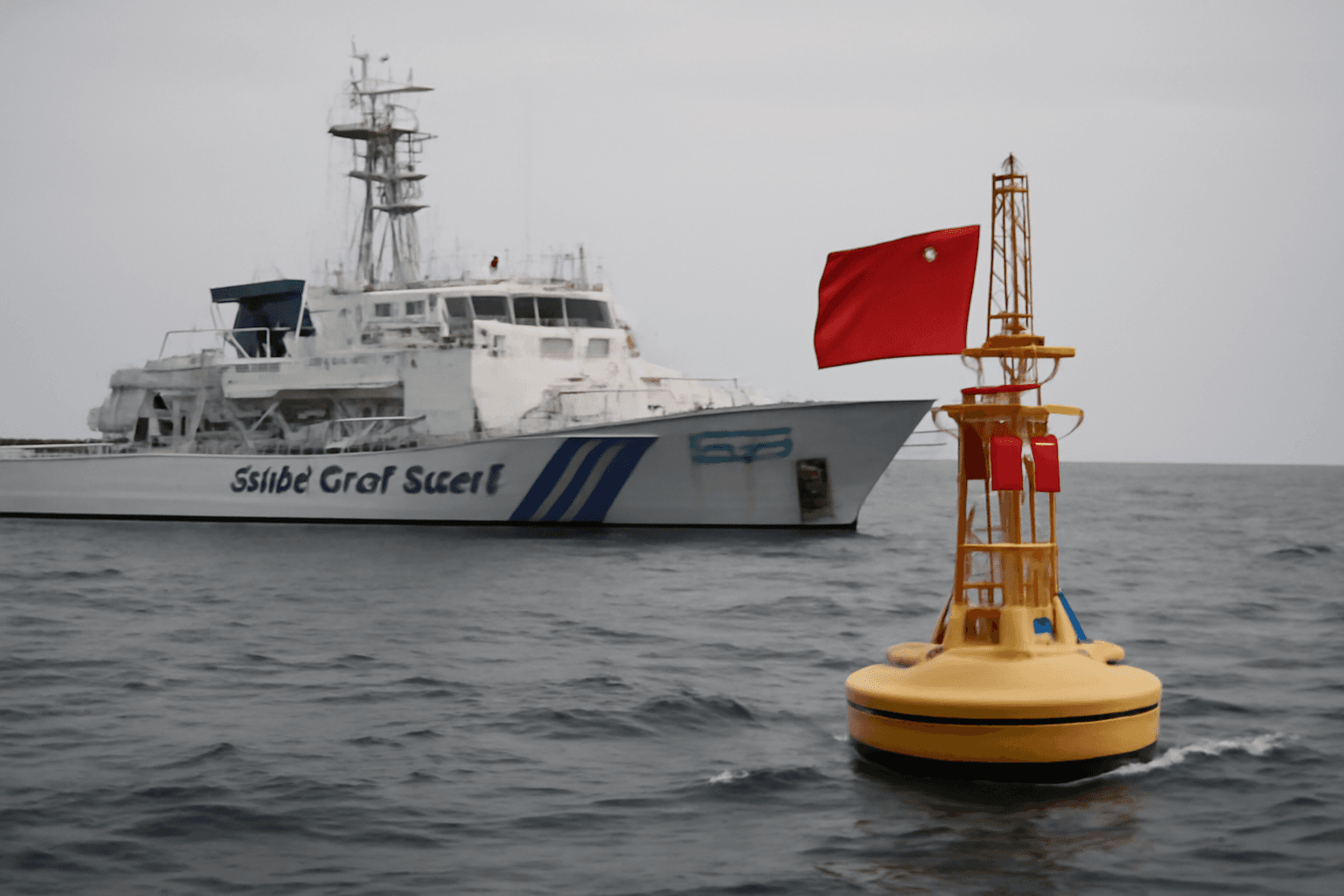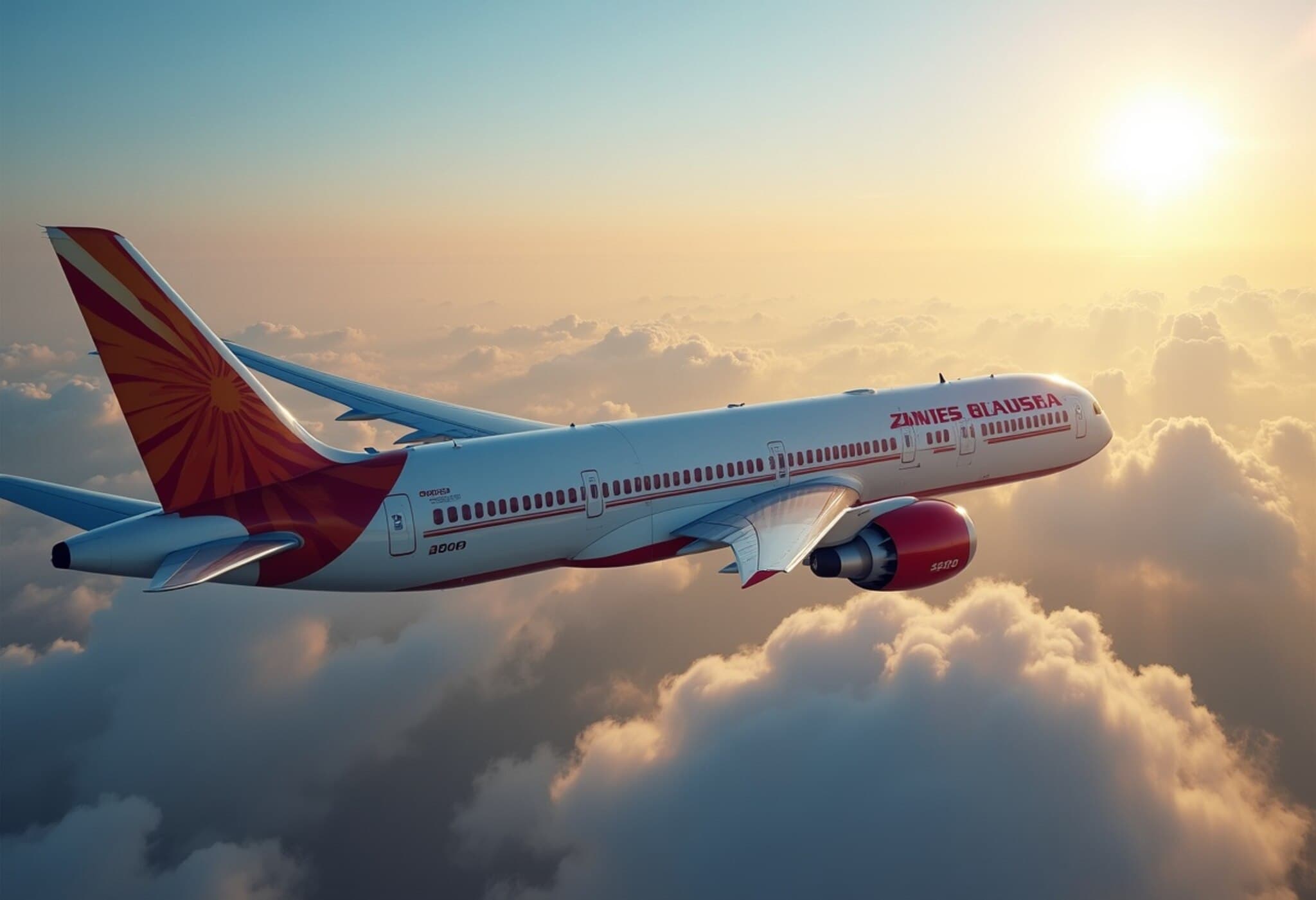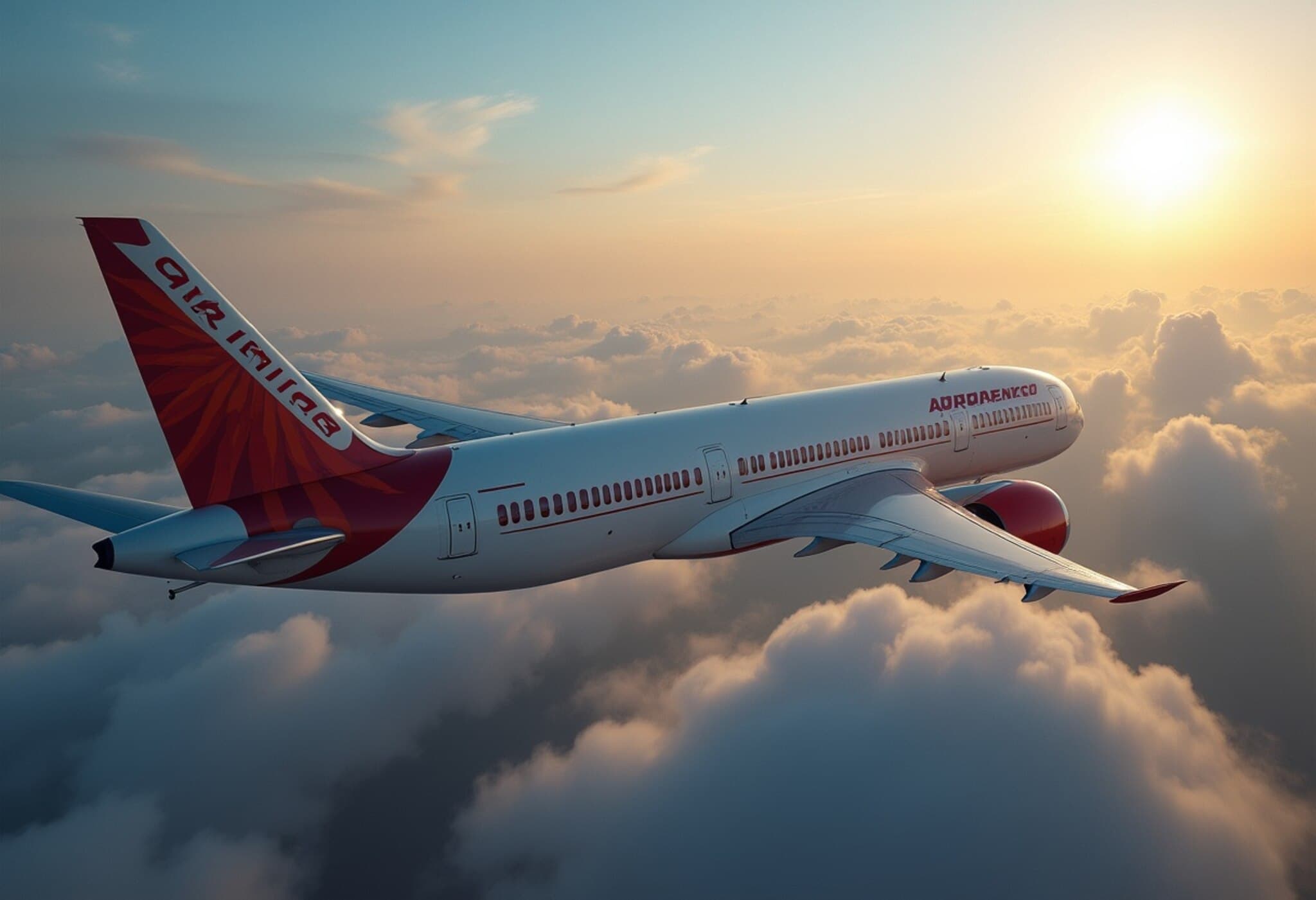Understanding Airline Bans: Causes and Global Examples
Foreign airlines can be banned from operating in a country or region due to a variety of factors, primarily focusing on safety, security, and geopolitical reasons. Regulatory authorities and international bodies assess airlines based on adherence to strict aviation standards, as outlined by organizations such as the International Civil Aviation Organization (ICAO).
Common reasons for bans include poor aircraft maintenance, insufficient crew training, and non-compliance with operational protocols. Security issues—such as inadequate airport security, risks of terrorism, or geopolitical conflicts in an airline's home country—also lead to restrictions. Additionally, involvement in illegal activities like smuggling or sanctions evasion can prompt prohibitions across certain airspaces.
Historical precedents highlight the impact of geopolitical tensions on airline restrictions. For example, Pakistan International Airlines faced bans from the European Union, United Kingdom, and United States after concerns over pilot licensing emerged, until reforms led to lifting the bans in late 2024. Similarly, multiple Russian carriers were barred from EU, US, and UK airspace following geopolitical sanctions imposed after the 2022 Ukraine invasion.
Recent Safety Violations Prompt Indian Authorities’ Warning to Turkish Airlines
India's Directorate General of Civil Aviation (DGCA) conducted surprise inspections at Delhi, Hyderabad, Chennai, and Bengaluru airports between May 29 and June 2, targeting Turkish Airlines' operations. These checks uncovered several non-compliance issues relating to safety protocols and ground handling procedures.
Notably, at Bengaluru Airport, a ground marshaller was found operating without the necessary authorization and valid competency card, violating Indian aviation safety regulations aimed at ensuring safe aircraft movement on the tarmac. Additional lapses involved Turkish Airlines’ ground handling agent, Globe Ground India, which lacked a formal Service Level Agreement (SLA) required under regulatory guidelines.
The inspections also revealed poor monitoring and accountability of critical ground equipment such as ladders, trolleys, and Ground Power Units (GPUs). These deficiencies were exacerbated by improper handover processes following the dismissal of Celebi Airport Services India Pvt Ltd, a Turkish-linked firm whose security clearance was revoked due to national security concerns raised by India's Bureau of Civil Aviation Security (BCAS).
Potential Consequences and Geopolitical Implications
While there has been no official announcement to ban Turkish Airlines from Indian airspace, the accumulation of operational violations combined with rising geopolitical tensions elevates the risk of regulatory actions. Turkey’s diplomatic alignment with Pakistan amid ongoing security operations in India adds further complexity to bilateral aviation relations.
The Indian government's decision will likely balance aviation safety imperatives with broader diplomatic considerations, especially during a period when India-Pakistan tensions are cautiously stabilizing.
Key Takeaways
- Airlines face bans primarily due to safety lapses, security threats, or geopolitical conflicts.
- Turkish Airlines was found non-compliant with Indian aviation regulations during surprise checks across major airports.
- Ground handling irregularities and equipment mismanagement were significant issues identified.
- Geopolitical dynamics between India, Turkey, and Pakistan play a critical role in shaping regulatory responses.
- No formal ban on Turkish Airlines in India has been issued yet, but future restrictions depend on corrective actions and diplomatic outcomes.


